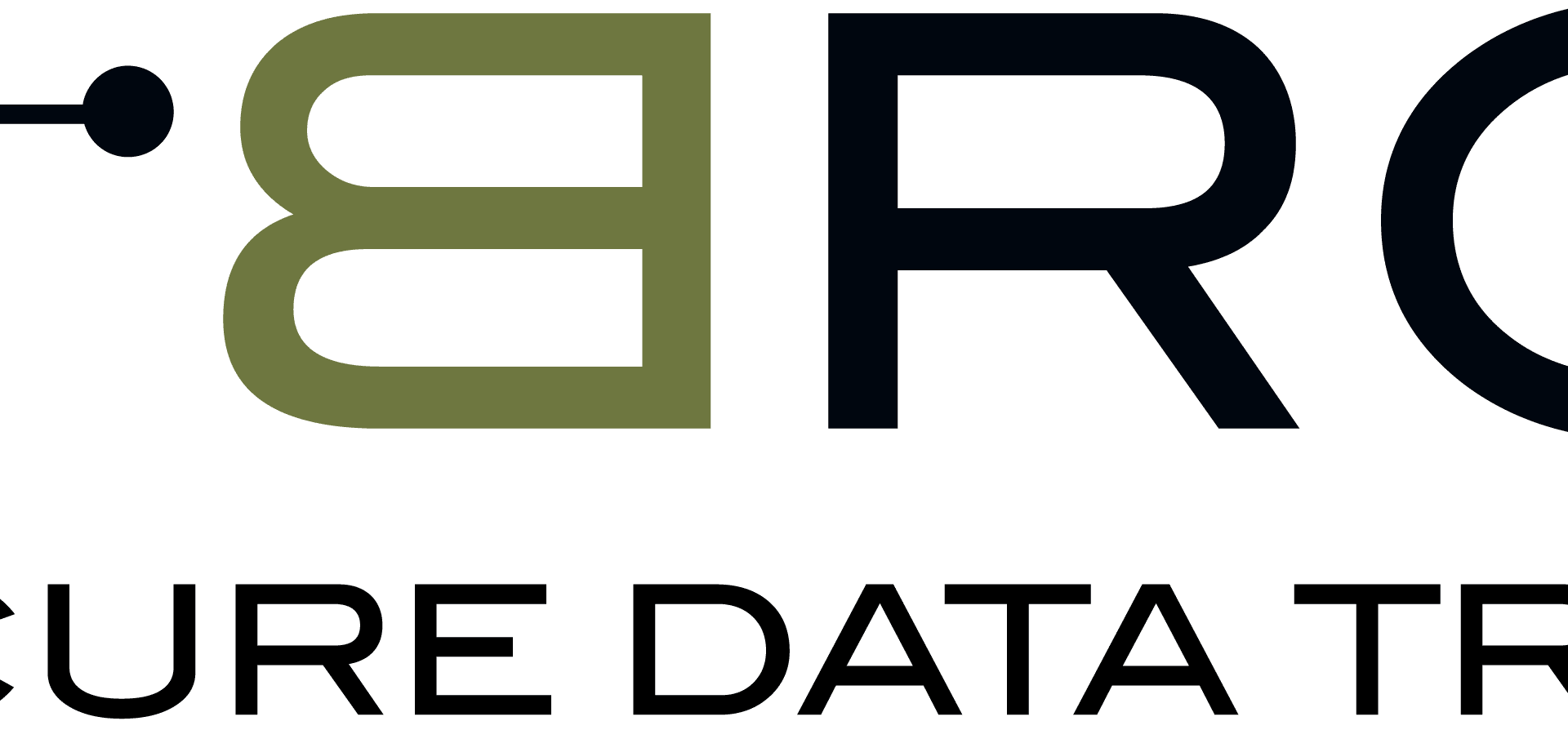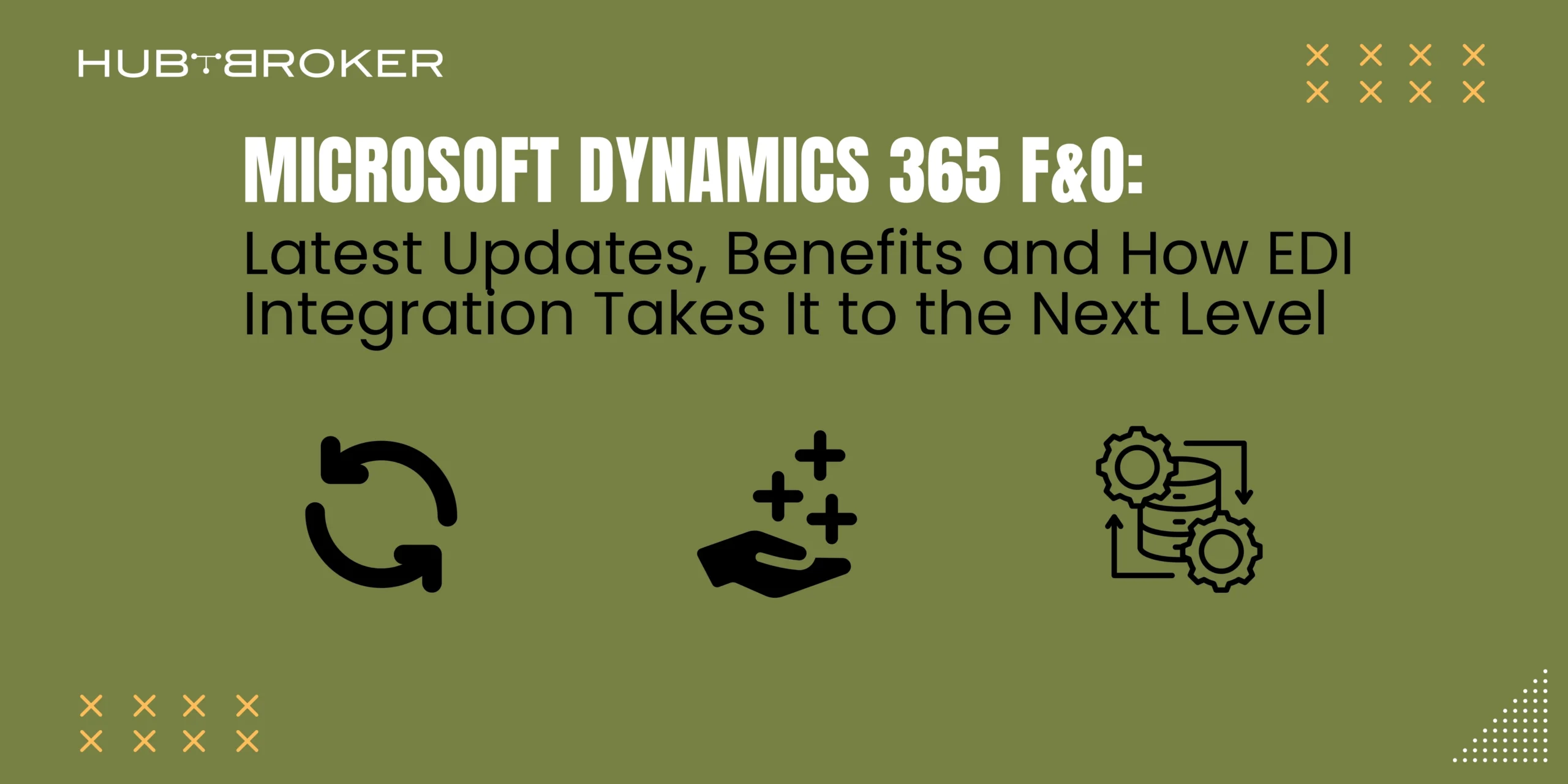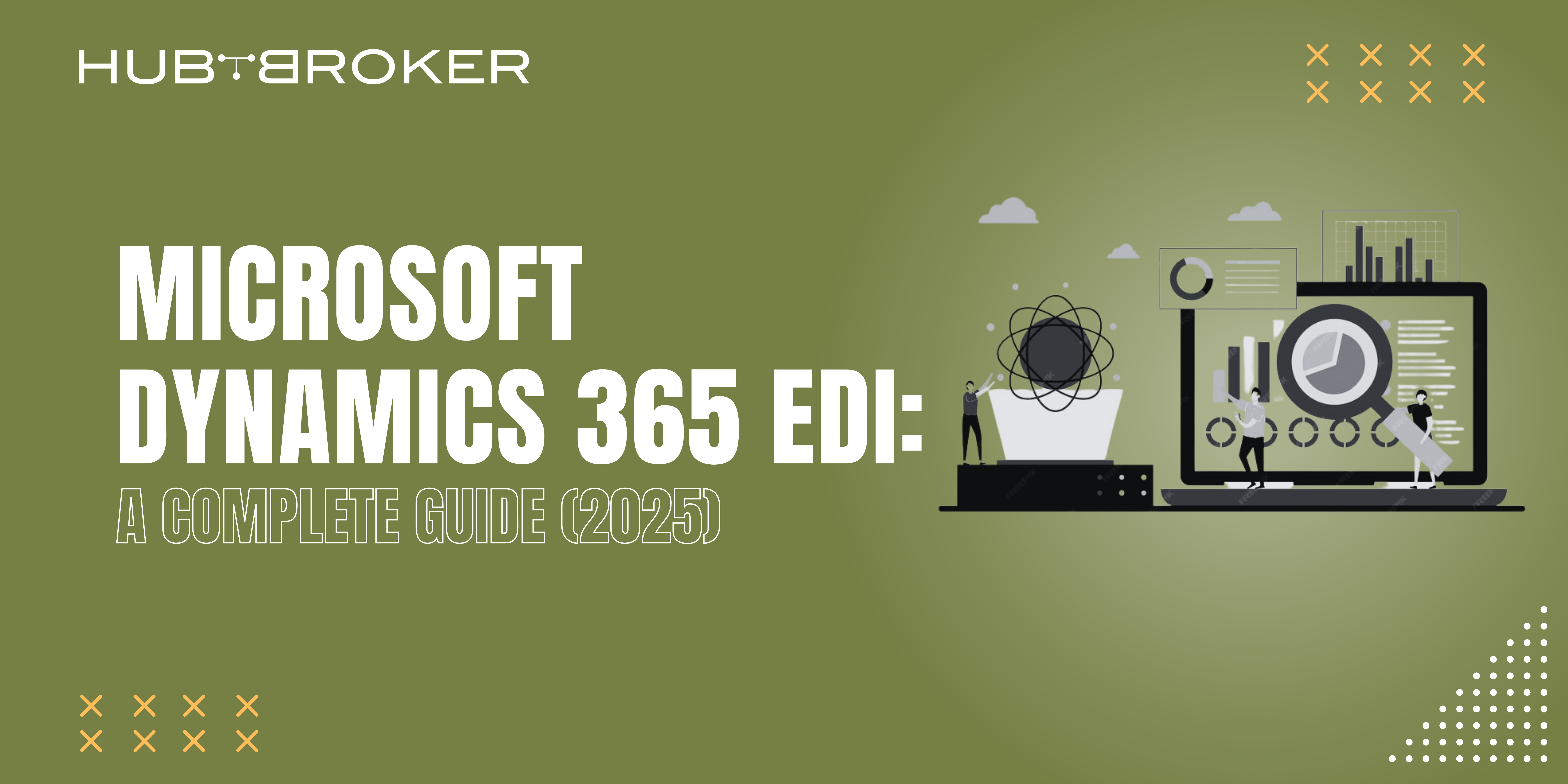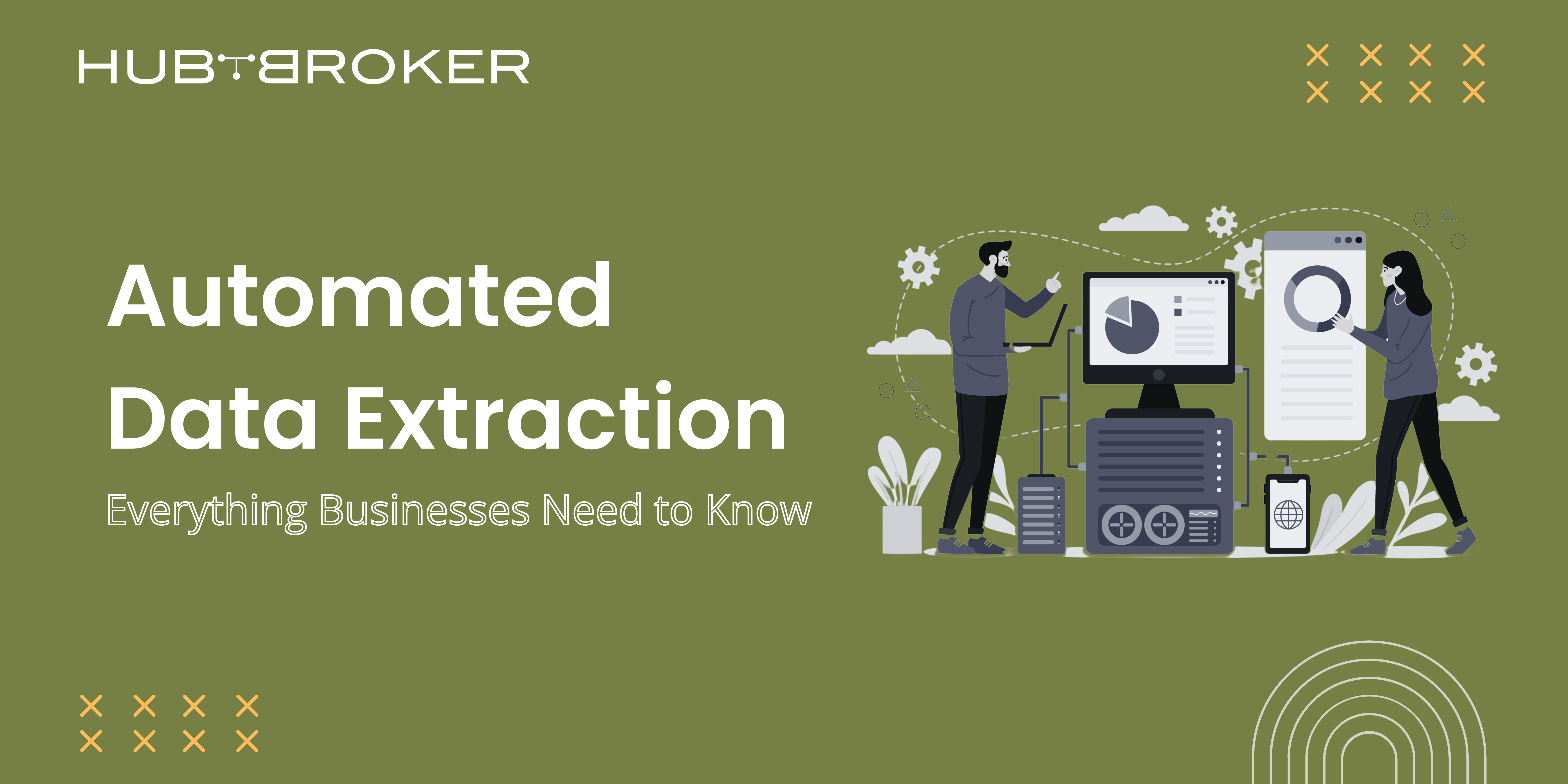Understanding the Impact of Europe’s E-Invoicing Legislation
The European Parliament and the Council of the European Union socially enacted E-Invoicing Directive 2014/55/EU on April 16, 2014, which mandates that all European Public Administration organizations receive and handle STRUCTURED electronic invoices supplied by their suppliers. With roughly 400 billion invoices sent each year, combining electronic invoicing solutions with business strategy will enable European enterprises to drastically decrease operating costs and overcome market barriers in public procurement processes. Compliance deadlines:- 18th April 2019 – European CENTRAL AND FEDERAL administration authorities
- 18th April 2020 – European REGIONAL AND LOCAL administration authorities
THE BASICS
What is OpenPEPPOL?
OpenPEPPOL is a non-profit multinational organization that administers the PEPPOL Network’s development and upkeep. A corporation can use a PEPPOL-based system to send and receive e-invoices via one of the certified PEPPOL Access Points. PEPPOL uses a four-corner paradigm to allow business partners to exchange electronic documents utilizing BIS (Business Interoperability Specifications) and UBL (Universal Business Language).What are PEPPOL Access Points?
PEPPOL Access Points are e-invoicing solution providers like HubBroker that provide services that meet the requirements of the PEPPOL network. All clients can exchange electronic documents with other network members if a company is a certified PEPPOL Access Point. In practice, a provider sends documents to the recipient via an Access Point. The Access Point must follow the PEPPOL standards, responsible for correct document transfer. The document is forwarded to the Access Point responsible for document translation for the recipient’s client. Buyers and suppliers have the option of selecting their Access Point provider.EDI – Robust Electronic Communication
EDI (electronic data interchange) is a technique that allows for the exchange of hundreds of different message types that are converted according to the specifications of third-party systems. Companies that use EDI solutions may quickly communicate with all local and international business partners, exchanging not only invoices but a variety of other electronic documents that span the entire procurement process. E-orders, e-advance shipping notes, e-invoices, e-catalogs, and other electronic documents are examples. PEPPOL-compliant EDI systems like HubBroker’s iPaaS are essential instruments for exchanging invoices quickly, reliably, and interoperable with all participants in the PEPPOL network. A contracting organization or a recipient, for example, will deliver an order to a contractor or an issuer. The contractor then creates a delivery notification for the recipient, who then sends a delivery confirmation to the issuer after receiving it. The contractor then sends an invoice to the contracting entity; if there is a problem with the invoice, the contractor corrects it; if there are no corrections, the recipient sends an accounting note to the issuer. The PEPPOL network allows for the creation of a single worldwide market. PEPPOL authorities can be found in 14 different countries, and Australia, New Zealand, Canada, Singapore, and the United States are among the 34 countries that employ PEPPOL standards. In addition, both India and Malaysia have stated that they will be switching to PEPPOL in the following months.Three Major Pillars
- Legal framework: TIA – transport infrastructure agreements Legal framework for many-to-many interoperability
- Network: The four-corner model enables trading partners to exchange standards-based electronic documents over the PEPPOL network.
- Document specifications: PEPPOL Business Interoperability Specifications (BIS) utilizing Universal Business Language (UBL – ISO/IEC 19845). PEPPOL BIS Billing 3.0 is based on EN16931, and the specification is a compliant Core Invoice Usage Specification (CIUS) of EN16931. Specifications are for product catalogs, orders, order confirmations, dispatch notes, invoices, and credit notes.
THE BENEFITS
- Significant reduction of costs, one solution for all countries within the network
- Short implementation time
- Higher process automation
- Reduced the number of human errors
What are the biggest e-invoicing advantages?
- 50-60% savings are created.
- EUR gets up to 65% net benefits per cycle.
- Getting results in 0.5-1.5 years.
- EUR gets 4% to 12% net benefits per INVOICE.
About HubBroker
HubBroker is a certified PEPPOL Access Point provider. HubBroker, a leading provider of advanced solutions for business automation, provides the speedy and secure exchange of electronic documents with all PEPPOL Network-registered public administration bodies. HubBroker also ensures that its services comply with all legal requirements and that electronic papers are processed correctly in many countries, including via the PEPPOL-based solution as well as dedicated national systems in Italy, France, Hungary, Ukraine, and Turkey.- E-INVOICING
- LEGAL COMPLIANCE





